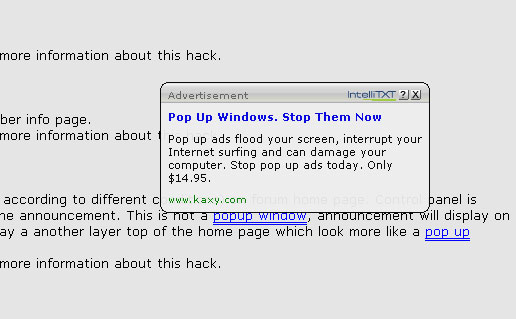There must be something in the water lately as I have been getting an upsurge of inquiries and public comments regarding information operations, public diplomacy, “soft power” agents of influence, 5GW and similar matters. There are other blogs I can recommend as being better on this score – Beacon, MountainRunner, Kent’s Imperative, Swedish Meatballs Confidential and Whirledview to name but a few. Also, I would suggest that interested readers search the archives of Studies in Intelligence, PARAMETERS, The Strategic Studies Institute, Combined Arms Research Library and the threads at The Small Wars Council. Genuine expertise may be found there and for discussions of theory and emerging trends, I recommend Dreaming 5GW.
That being said, I will offer my two cents anyway.
One point of agreement across the political spectrum and that of informed opinion is that the USG has not done a particularly good job of managing “the war of ideas” in the conflict with Islamist terrorism. Or against state adversaries. Or with persuading neutrals and even our own allies to our point of view. When you are having difficulty drawing even in global popularity contest with a crowd of bearded fanatics who put beheading videos on the internet, it’s time to admit there’s a problem.
